Drug Catalog - Product Detail
BUDESONIDE INHALATION SUSPENSION AMP 0.25MG/2ML 30
| NDC | Mfr | Size | Str | Form |
|---|---|---|---|---|
| 00781-7515-87 | SANDOZ | 2 | 0.25MG/2ML | NA |
PACKAGE FILES
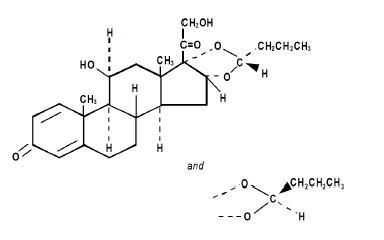
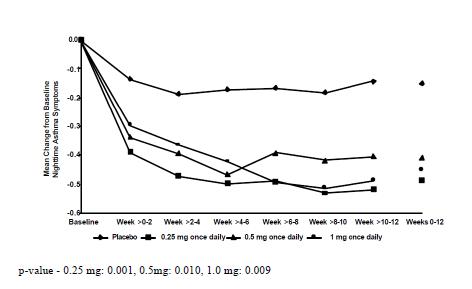
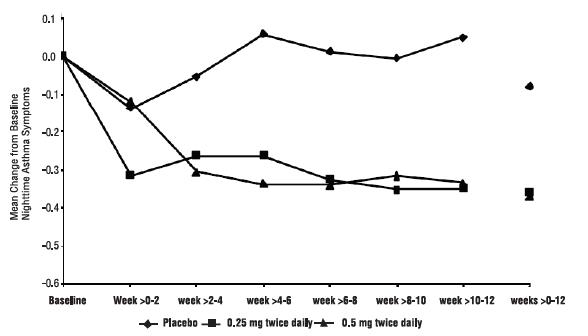
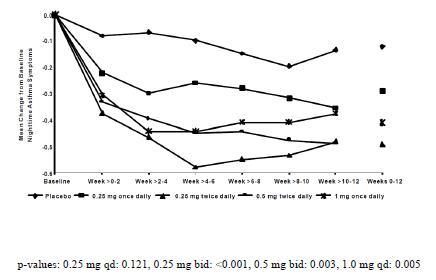
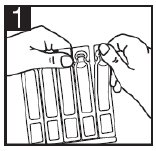
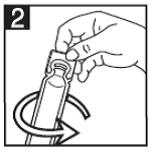
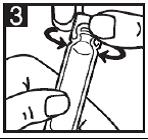
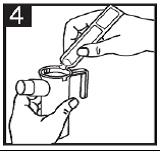
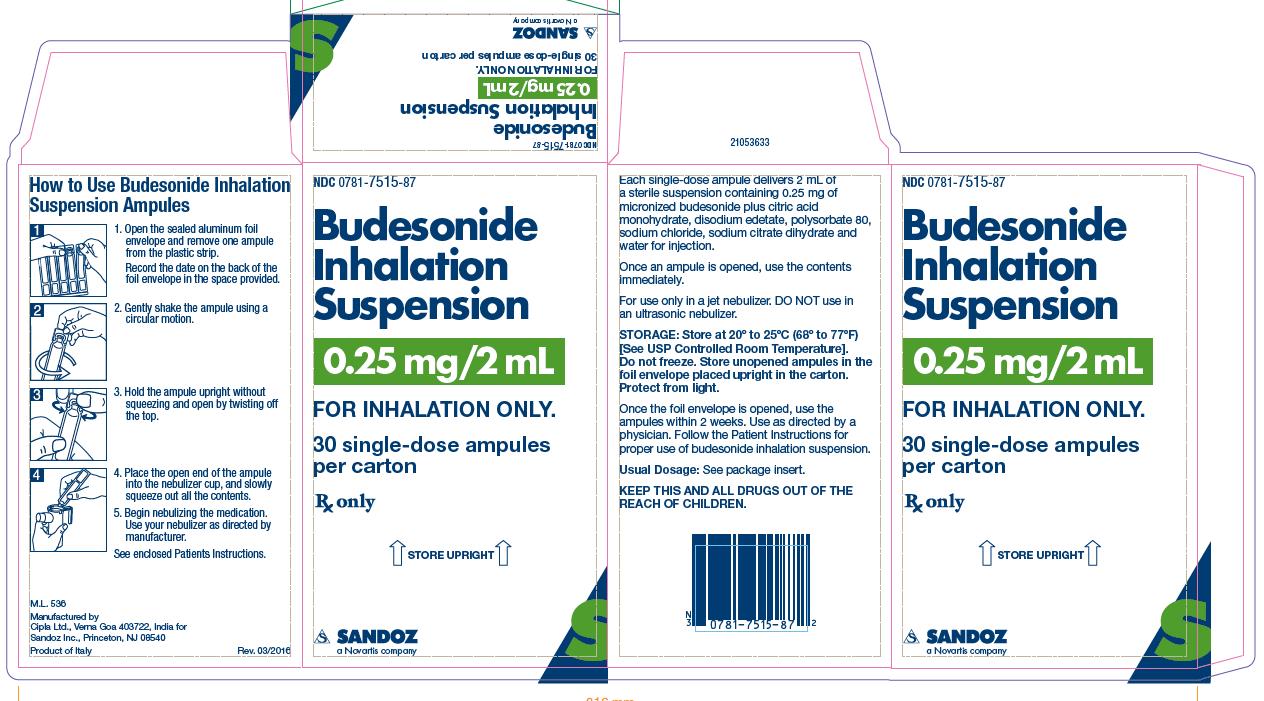
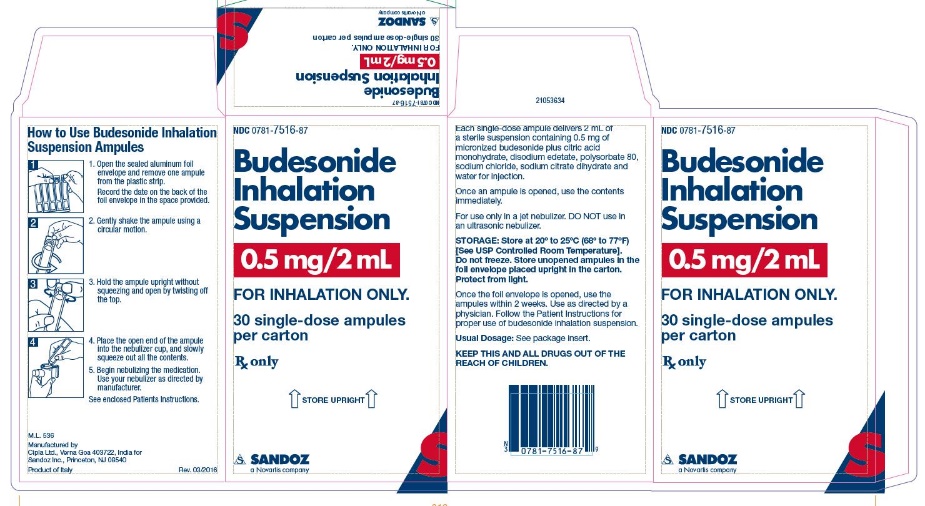
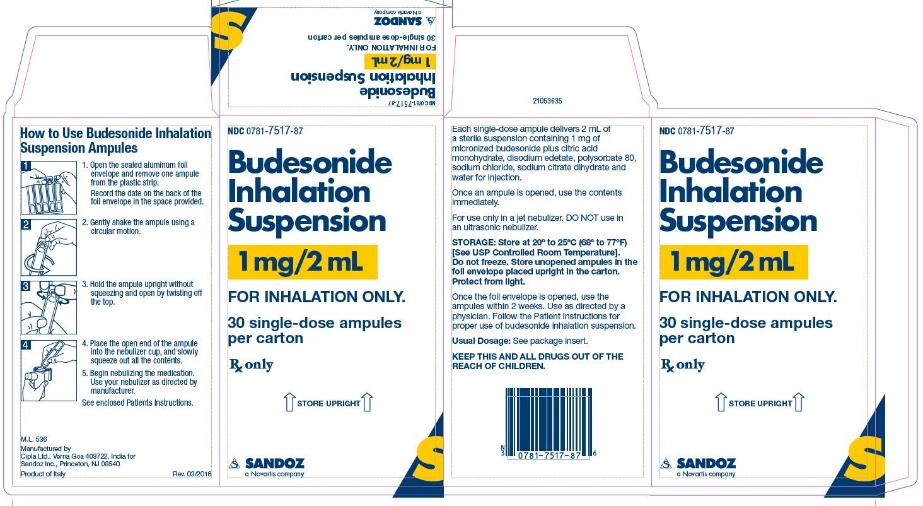
Generic Name
BUDESONIDE
Substance Name
BUDESONIDE
Product Type
HUMAN PRESCRIPTION DRUG
Route
RESPIRATORY (INHALATION)
Application Number
ANDA201966
Description
11 DESCRIPTION Budesonide, the active component of budesonide inhalation suspension, is a corticosteroid designated chemically as (RS)-11β, 16α, 17, 21-tetrahydroxypregna-1, 4-diene-3, 20-dione cyclic 16, 17-acetal with butyraldehyde. Budesonide inhalation suspension is provided as a mixture of two epimers (22R and 22S). The molecular formula of budesonide is C 25 H 34 O 6 and its molecular weight is 430.5. Its structural formula is: Budesonide is a white to off-white, tasteless, odorless powder that is practically insoluble in water and in heptane, sparingly soluble in ethanol, and freely soluble in chloroform. Its partition coefficient between octanol and water at pH 7.4 is 1.6 x 10 3 . Budesonide inhalation suspension is a sterile suspension for inhalation via jet nebulizer and contains the active ingredient budesonide (micronized), and the inactive ingredients: citric acid monohydrate, disodium edetate, polysorbate 80, sodium chloride, sodium citrate dihydrate and water for injection. Three dose strengths are available in single-dose ampules: 0.25 mg, 0.5 mg, and 1 mg per 2 mL ampule. For budesonide inhalation suspension, like all other nebulized treatments, the amount delivered to the lungs will depend on patient factors, the jet nebulizer utilized, and compressor performance. Using the Pari-LC-Jet Plus Nebulizer/Pari Master compressor system, under in vitro conditions, the mean delivered dose at the mouthpiece (% nominal dose) was approximately 17% at a mean flow rate of 5.5 L/min. The mean nebulization time was 5 minutes or less. Budesonide inhalation suspension should be administered from jet nebulizers at adequate flow rates, via face masks or mouthpieces [see Dosage and Administration ( 2 )]. Structure
How Supplied
16 HOW SUPPLIED/STORAGE AND HANDLING Budesonide inhalation suspension is supplied in sealed aluminum foil envelopes containing one plastic strip of five single-dose ampules together with patient instructions for use. There are 30 ampules in a carton (6 envelopes x 5 single-dose ampules). Each single-dose ampule contains 2 mL of sterile liquid suspension. Budesonide inhalation suspension is available in three strengths, each containing 2 mL: NDC # Strength 0781-7515-87 0.25 mg/2 mL 0781-7516-87 0.5 mg/2 mL 0781-7517-87 1 mg/2 mL Budesonide inhalation suspension should be stored upright at 20° to 25°C (68° to 77°F) [see USP Controlled Room Temperature] and protected from light. When an envelope has been opened, the shelf life of the unused ampules is 2 weeks when protected. After opening the aluminum foil envelope, the unused ampules should be returned to the aluminum foil envelope to protect them from light. Any opened ampule must be used promptly. Gently shake the ampule using a circular motion before use. Keep out of reach of children. Do not freeze.
Indications & Usage
1 INDICATIONS AND USAGE Budesonide inhalation suspension is an inhaled corticosteroid indicated for: • Maintenance treatment of asthma and as prophylactic therapy in children 12 months to 8 years of age ( 1 ) Limitations of Use : Not indicated for the relief of acute bronchospasm ( 1 ) 1.1 Maintenance Treatment of Asthma Budesonide inhalation suspension is indicated for the maintenance treatment of asthma and as prophylactic therapy in children 12 months to 8 years of age. Limitations of Use : • Budesonide inhalation suspension is NOT indicated for the relief of acute bronchospasm.
Dosage and Administration
2 DOSAGE AND ADMINISTRATION The recommended starting dose and highest recommended dose of budesonide inhalation suspension, based on prior asthma therapy, are listed in the following table. Previous Therapy Recommended Starting Dose Highest Recommended Dose Bronchodilators alone 0.5 mg total daily dose administered either once daily or twice daily in divided doses 0.5 mg total daily dose Inhaled Corticosteroids 0.5 mg total daily dose administered either once daily or twice daily in divided doses 1 mg total daily dose Oral Corticosteroids 1 mg total daily dose administered either as 0.5 mg twice daily or 1 mg once daily 1 mg total daily dose Recommended dosing based on previous therapy ( 2 ). Start with the lowest recommended dose: • Bronchodilators alone: 0.5 mg once daily or 0.25 mg twice daily • Inhaled corticosteroids: 0.5 mg once daily or 0.25 mg twice daily up to 0.5 mg twice daily • Oral corticosteroids: 0.5 mg twice daily or 1 mg once daily • In symptomatic children not responding to non-steroidal therapy, a starting dose of 0.25 mg once daily may be considered. • If once-daily treatment does not provide adequate control, the total daily dose should be increased and/or administered as a divided dose. Once asthma stability is achieved, titrate the dose downwards. • For inhalation use via compressed air driven jet nebulizers only (not for use with ultrasonic devices). Not for injection. ( 2.2 ) 2.1 Dosing Recommendations Dosing recommendations based on previous therapy are as follows: • Bronchodilators alone: 0.5 mg once daily or 0.25 mg twice daily • Inhaled corticosteroids: 0.5 mg once daily or 0.25 mg twice daily up to 0.5 mg twice daily • Oral corticosteroids: 0.5 mg twice daily or 1 mg once daily In symptomatic children not responding to non-steroidal therapy, a starting dose of 0.25 mg once daily may be considered. If once-daily treatment does not provide adequate control, the total daily dose should be increased and/or administered as a divided dose. In all patients, it is desirable to downward-titrate to the lowest effective dose once asthma stability is achieved. 2.2 Directions for Use Budesonide inhalation suspension should be administered via jet nebulizer connected to an air compressor with an adequate air flow, equipped with a mouthpiece or suitable face mask. Ultrasonic nebulizers are not suitable for the adequate administration of budesonide inhalation suspension and, therefore, are NOT recommended. The effects of mixing budesonide inhalation suspension with other nebulizable medications have not been adequately assessed. Budesonide inhalation suspension should be administered separately in the nebulizer [see Patient Counseling Information ( 17.1 )]. A Pari-LC-Jet Plus Nebulizer (with face mask or mouthpiece) connected to a Pari Master compressor was used to deliver budesonide inhalation suspension to each patient in 3 U.S. controlled clinical studies. The safety and efficacy of budesonide inhalation suspension delivered by other nebulizers and compressors have not been established.
